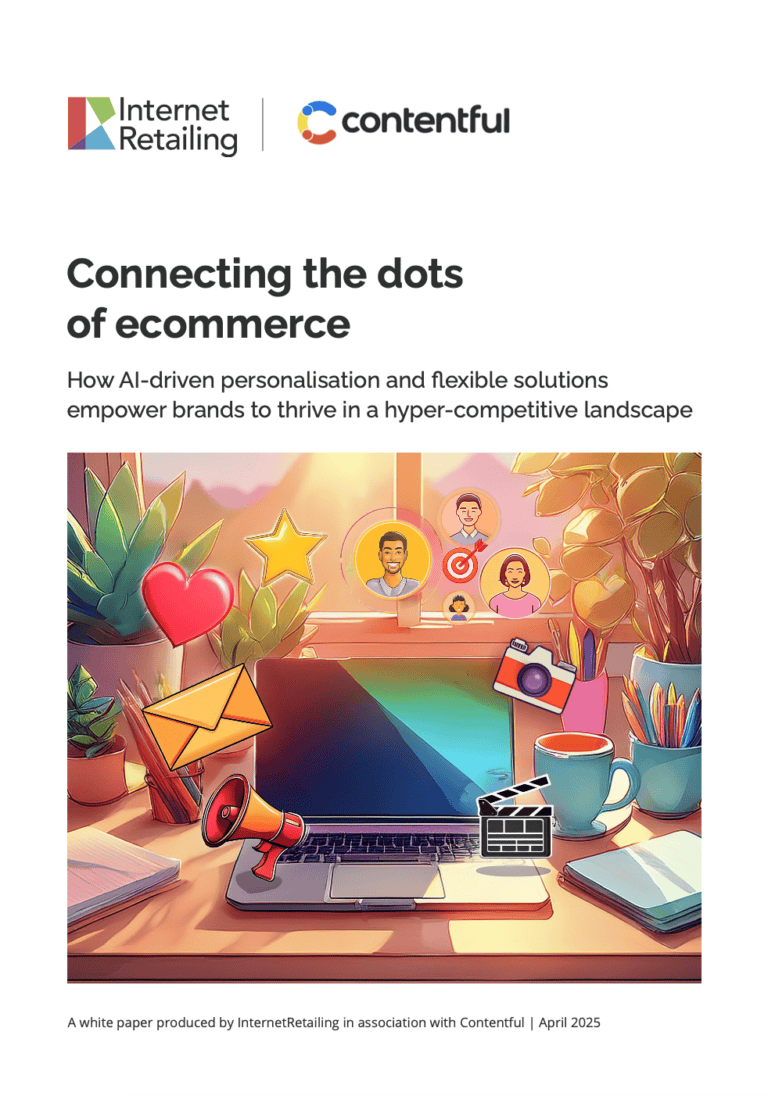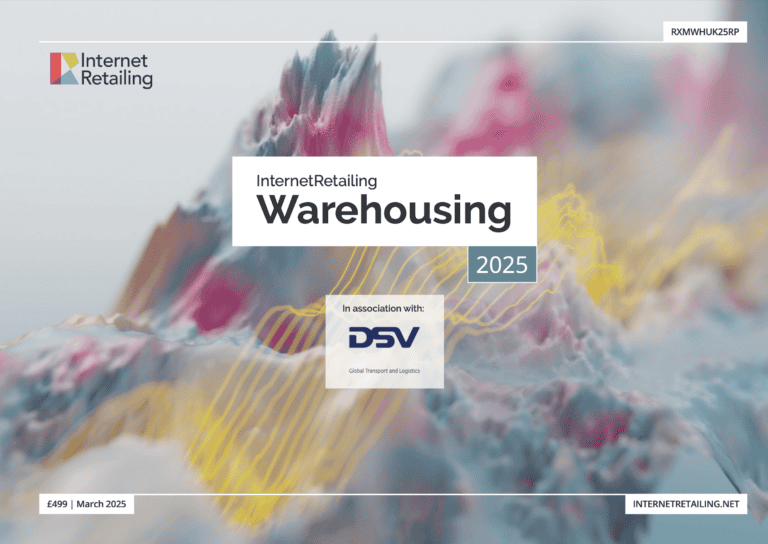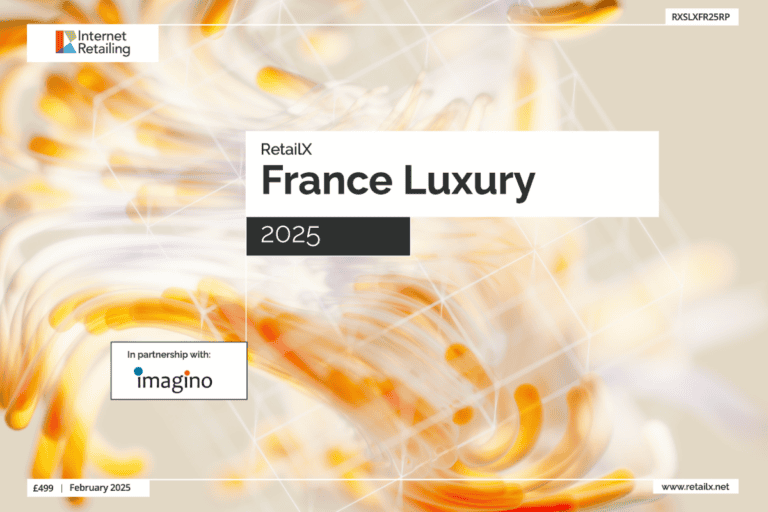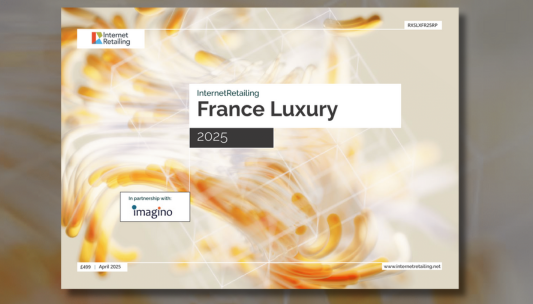UK online shoppers purchased far fewer items from overseas websites during the past year, as EU customs and border concerns grow. However, have become the fastest growing cross-border D2C sector, rising 50% in a year.
A study of more than 7,800 consumers – 1,003 of which were based in the UK – as part of the annual Sendcloud E-commerce Delivery Compass found that 31% of UK consumers shopped internationally in 2021, down 14% in just a year. And the EU sites are baring the brunt.
EU issues were considered so bad that UK consumers said they would rather shop as far as China (42%) and the US (30%) than closer neighbours Germany (10%), Italy (7%), or Spain (6%). This is in stark contrast to EU shoppers, with 56% of European consumers saying they like to shop internationally – just 5% less than in 2020.
The UK remains one of the top five countries from which EU consumers buy online, however, with 16% of consumers having ordered from the UK in the past 12 months.
UK consumers increasingly reported cross-border shipping concerns over the past 12 months, with expensive delivery costs (62%), potential payment of customs charges (49%), and poor returns policies (47%) all increasing in 2021 as the main reasons to not shop abroad.
In 2020, 51% of UK consumers cited delivery costs as a significant turn off for international shopping and 38% for both customs charges and returns issues, highlighting the increased barriers created by Brexit.
The report specifically found a lack of spending in Europe as EU custom surcharges, Brexit-related delivery delays and Covid-related shortages of products continue to put consumers off. Brexit has resulted in a huge boundary to ship across borders, with reports in July 2021showing imports from the EU had remained flat while global imports rose by 19%.
Similar data supplied by Sendcloud in April 2021 showed new shipping requirements and additional VAT charges had halved the number of shipments from the EU to the UK in the first three months of 2021.
“Customers want a seamless transaction and delivery process, but the survey shows there are still plenty of barriers stopping UK consumers from shopping abroad,” says Rob van den Heuvel, co-founder and CEO at Sendcloud. “It’s important for both UK and EU retailers to streamline their international shipping or risk leaving money on the table. Delivery has become a vital aspect for retailers as consumers have come to expect everything from free returns to same-day delivery as standard.”
He concludes: “Being able to partner with international and local shipping providers that can get a parcel from A to B in the quickest and most convenient way possible will be key to realising a successful post-Brexit environment.”
Luxury booms cross-border
Meanwhile, separate research finds that Luxury goods were the fastest growing cross-border ecommerce category in the first half of 2021, increasing by 50% compared to the end of 2020. With global demand for luxury being driven by shoppers from China, UAE, South Korea and India, increasingly consumers are now happy to forego the ‘white-glove’ in-store experience for online convenience.
Data from eShopWorld (ESW) reveals that, for 15,000 consumers across 14 countries, demand for luxury goods is strongest in four key markets: China (39%), UAE (33%), South Korea (28%), and India (21%). More than 70% of Millennials, GenX, and Baby Boomers in China and South Korea shop luxury online, compared to less than 45% of shoppers in the Americas and most of Europe.
Last year, the luxury market was forced to reprioritise digital strategies to offset the impact of the pandemic, resulting in a paradigm shift with online luxury sales predicted to increase to 30% in 2021, up from 22% in 2020 – a boost that is being driven by Millennial and Gen Z shoppers, who according to Vogue Business will account for a fifth of all luxury fashion spend by 2025.
The survey reveals that while a significant number of luxury shoppers (42%) still prefer to shop in-store, where they can touch and try on products, even more shoppers (43%) say they are happy to forego the in-store luxury experience for online convenience. Just as many (42%) will make those
purchases from brand websites outside their home country.
More than half of shoppers in Mexico (54%), China (61%), Russia (50%), and South Africa (57%) said they are comfortable buying luxury products online due to the lack of availability and variety of such goods locally.
When purchasing luxury products online, 77% of survey respondents said they expect exceptional personalised customer service with 75% indicating brands and retailers could do more to improve the premium levels of customer service for such purchases. 69% said they are more likely to buy luxury goods online if the online experience mirrors the level of service received in-store.
Accordingly, luxury brands need to focus on delivering unified commerce and omnichannel strategies that give equal importance to all consumer touchpoints, merging the digital and physical worlds to create innovative retail experiences coupled with the seamless service consumers expect when making super premium product purchases.
Martim Avillez Oliveira, Chief Commercial Officer, EMEA and APAC at ESW, comments: “The quality, craftsmanship and prestige of luxury products is in increasing demand from a growing digitally native middle class, living outside the traditional luxury markets, who are both brand and status hungry. Therefore, to capitalise, luxury brands need to focus on recreating the high-touch, hyper-personalised experience customers receive in-store, in the DTC channel, and deploy those experiences across borders to meet demand at its point of origin.”
Avillez Oliveira adds: “The luxury brands that continue to adapt and embrace omnichannel strategies that meld the expectations of the modern consumer with the traditional tenets of the luxury experience, from super-premium customer service, including tracked, personalised delivery, free returns, luxury packaging and premium courier services, to immersive online experiences, are the brands that will thrive as they bridge the perceived divide between online and in-store and win the loyalty of the next generation of luxury shoppers.”










